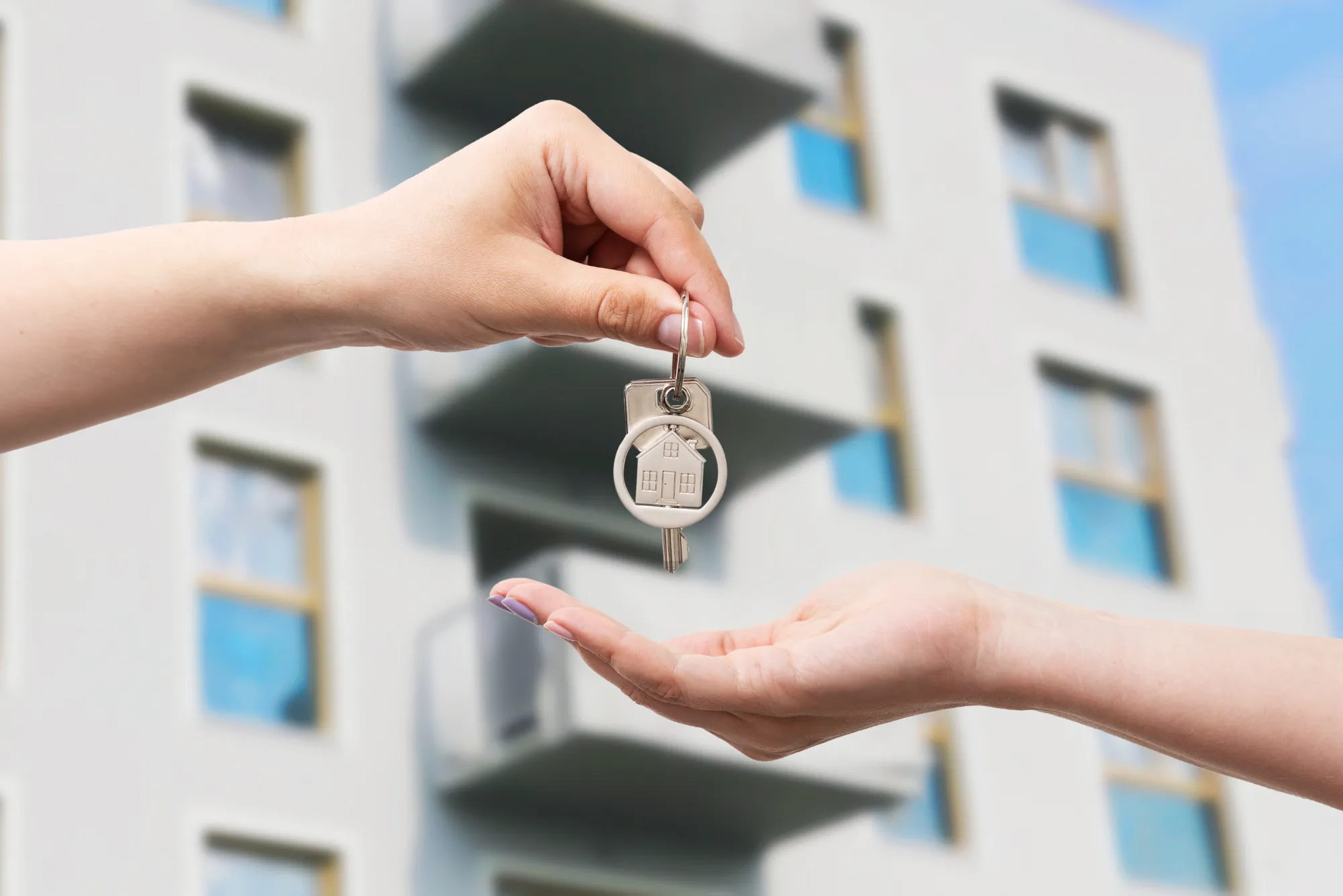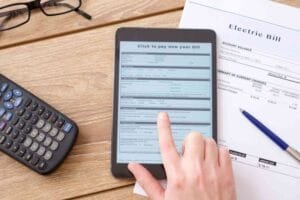Purchasing a home at a foreclosure auction can be a great way to score a property at below-market value. However, this process isn’t as straightforward as buying a home through a traditional real estate agent. It requires careful research, financial preparation, and a solid understanding of how foreclosure auctions work. This guide will walk you through everything you need to know before diving into this high-stakes method of home buying.
What Is a Foreclosure Auction?
A foreclosure auction occurs when a homeowner fails to keep up with their mortgage payments and the lender takes steps to recover the unpaid loan balance. Instead of listing the property through a real estate agency, the lender sells it at a public auction.
These auctions are often conducted by the county sheriff or a trustee and can take place in person or online. The highest bidder typically walks away with the title to the property, but there are a few caveats to keep in mind.
Types of Foreclosure Auctions
There are two main types of foreclosure auctions:
- Judicial Foreclosure Auctions: Ordered by a court, usually held by a sheriff.
- Non-Judicial Foreclosure Auctions: Conducted by a trustee on behalf of the lender, common in states with a power-of-sale clause.
Understanding which type is prevalent in your area will help you prepare more effectively.
Step-by-Step Guide to Buying a Home at Foreclosure Auction
1. Do Your Homework
Before participating in an auction, gather as much information as possible about the property. Use public records, attend open houses if available, and consult real estate professionals. Knowing the property’s history and market value is crucial to avoid overbidding.
2. Secure Your Financing
Most foreclosure auctions require bidders to pay in full on the day of the sale or shortly after. This means traditional financing options like mortgages may not be feasible unless you secure them in advance.
One alternative is to consider an Emirates NBD personal loan, which can offer quick access to cash with manageable interest rates. While it’s not a traditional method for home buying, personal loans can help bridge short-term funding gaps.
3. Understand the Bidding Process
Familiarize yourself with the auction rules. You may need to register beforehand and bring a deposit (usually in the form of a cashier’s check). Bidding can be competitive, so it’s vital to know your budget limits and stick to them.
4. Inspect the Property (If Possible)
Many foreclosure properties are sold “as-is,” and you may not get a chance to inspect them beforehand. However, if the opportunity exists, take advantage of it. A home inspection can reveal issues that might affect your bidding decision.
5. Prepare for Hidden Costs
Buying a foreclosure property may come with additional expenses, such as unpaid taxes, liens, or repair costs. Budget for these to avoid unpleasant financial surprises after purchase.
Pros and Cons of Buying at a Foreclosure Auction
Pros:
- Lower purchase prices
- Potential for high ROI (Return on Investment)
- Faster closing process
Cons:
- Risk of hidden damages
- No guarantees or warranties
- Limited or no property access prior to sale
Legal and Financial Considerations
Purchasing a foreclosure property is a legal transaction with significant financial implications. You’ll need to navigate title checks, potential eviction processes, and compliance with state and local laws. Hiring a real estate attorney is highly recommended.
Another important financial factor to monitor is the al fuad exchange rate, especially if you’re using foreign funds to make the purchase. Currency fluctuations can affect your purchasing power, making timing crucial. You can check the al fuad exchange rate regularly to plan your transaction accordingly.
Post-Auction Steps
1. Pay the Balance
If you win the auction, you’ll typically have to pay the remaining balance within a specific timeframe—often 24 hours to a few days.
2. Record the Deed
Once you’ve paid in full, ensure that the deed is properly recorded in your name at the county office. This finalizes your legal ownership of the property.
3. Address Occupancy
Some properties may still be occupied by the former owner or tenants. You’ll need to go through legal channels to regain possession, which can include an eviction process.
Financing Alternatives
If a personal loan isn’t sufficient for your needs, you might consider a mortgage. Emirates NBD mortgage options are tailored for both UAE nationals and expatriates, offering competitive rates and flexible repayment terms.
Also, Emirates NBD personal loan services can be particularly beneficial for buyers who need fast funding without the extended approval process of traditional loans. These loans can also be used to cover renovation or legal costs associated with the property.
Common Mistakes to Avoid
- Skipping due diligence: Always research thoroughly.
- Overbidding: Set a strict budget and don’t let emotions guide your decisions.
- Ignoring extra costs: Factor in taxes, repairs, and legal fees.
- Assuming financing is guaranteed: Always confirm your loan options, including Emirates NBD personal loan terms, before bidding.
Final Thoughts
Buying a house at a foreclosure auction can be an excellent opportunity to secure property below market value, but it isn’t without risk. From financial planning to legal hurdles, success in foreclosure auctions hinges on preparation and diligence. Keep an eye on financial indicators like the al fuad exchange rate and explore all your funding options—including an Emirates NBD personal loan—to make the most informed and confident bid possible.






















